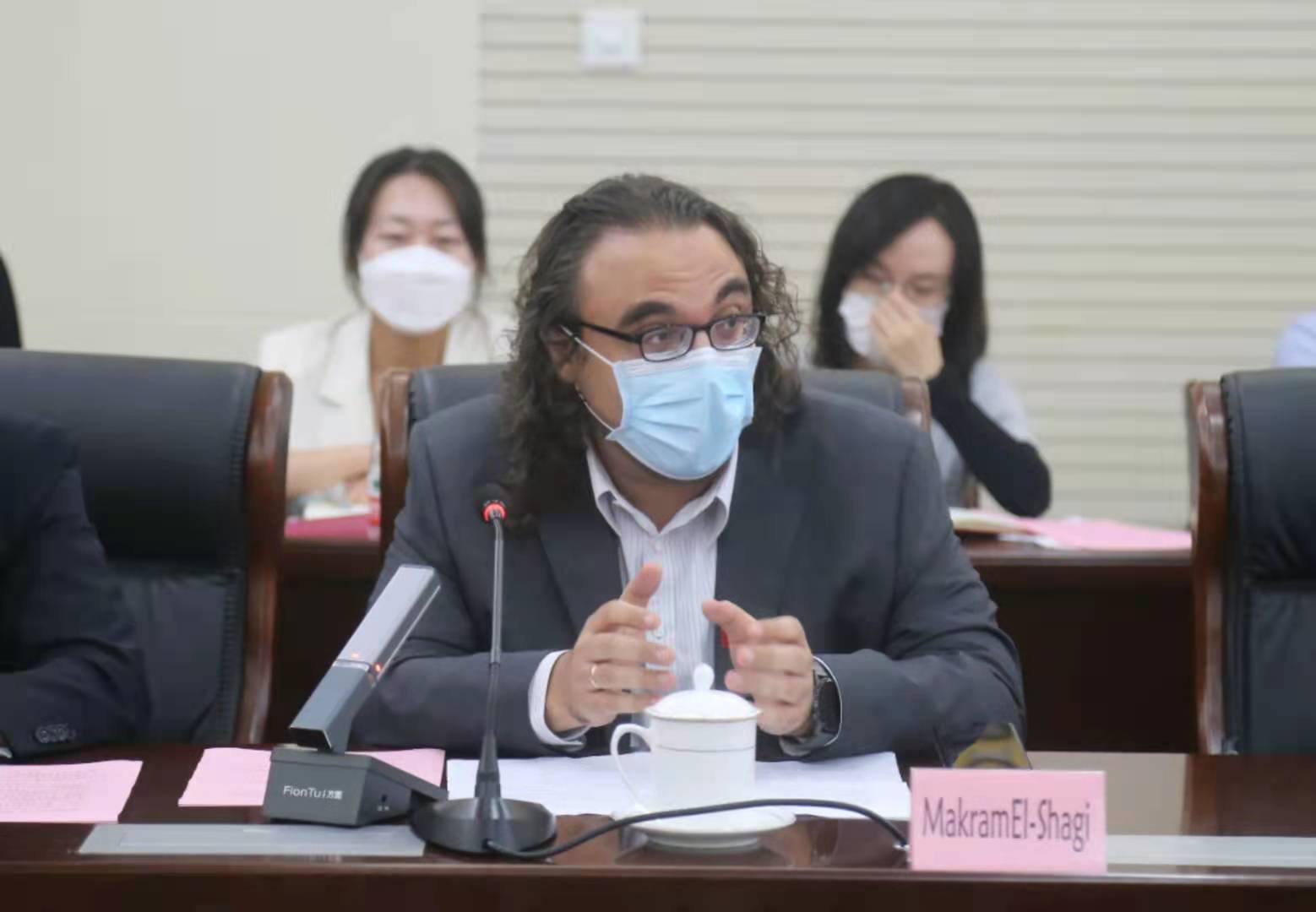
I came to Henan almost exactly seven years ago, seven years and one month in August 2014 to be precise. It is no secret that I enjoy life and work in China very much because I cannot stop telling everybody who is willing to listen how much I do. Therefore, over the years, I have been invited to give quite a few speeches to explain the love for my new home. But on the occasion of Teacher's Day, I thought rather than rehashing the same anecdotes you heard before, I give you my thoughts about this special day.
How differently teachers are treated in China compared to Germany and the US where I worked before was one of the first things I noticed after starting to teach here.In Germany, there is no Teacher's Day or – more accurately – we do not celebrate it. While there is “World Teacher’s Day” (on October 5th) it is so incredibly irrelevant that I spent 15 years teaching in Germany without being aware it even exists. As far as I can tell, the same is true for most of the Western World. This might seem like one of many minor cultural differences. In China, people celebrate Lunar New Year, whereas Christmas is the most important holiday in most Western countries. In the West, people eat with knife and fork while we use chopsticks in China. However, I think the observance of Teacher's Day reflects cultural differences much deeper than those examples. it goes far deeper than that. And I believe that China is following the better approach in this matter.
Over the past decades, being a teacher in the West became more and more of a simple “service job”. A teacher is supposed to deliver the information that the students need. The students see themselves as customers who want this information delivered timely, in simple words, and not too much at the same time. They expect good grades and encouragement. For the lack of a better comparison, the teacher is merely a human search engine such as Baidu. Since the duty to deliver is on the teacher, bad grades are typically seen as the teacher's fault, because he obviously did not deliver well. Contrarily, in China, there still is deep admiration and respect for teachers, that is deeply rooted in China’s ancient Confucian tradition and which the West has lost over the past years. You might think that it is obvious that a teacher speaks out in favor of teacher recognition, and to some degree this is true, because every single one of us likes to be appreciated.
But I believe Teacher's Day is as much for the students. There is reciprocity in every relationship. By celebrating Teacher’s Day, our students remind us that the relationship is special. The relationship between teacher and student is more than a business transaction and is – or at least should be – much more akin the relationship between parents and children. And indeed, in German higher education, where this kind of thought prevailed longer than in the rest of society, it was common to refer to your doctoral supervisor as your “doctor father”.
So, for me, Teachers' Day does not only serve to appreciate teachers, which admittedly makes teachers happy, but also reminds us of our responsibility. It reminds us to strive for the best for our students; to aim to make them better people and to prepare them for life. In German we have two very similar and closely related words that have a subtle but crucial difference in meaning: “Beruf” – which is job – and “Berufung” – which is a “calling”. And being a teacher should never just be a job, it should be a calling.

 News /
Content
News /
Content


